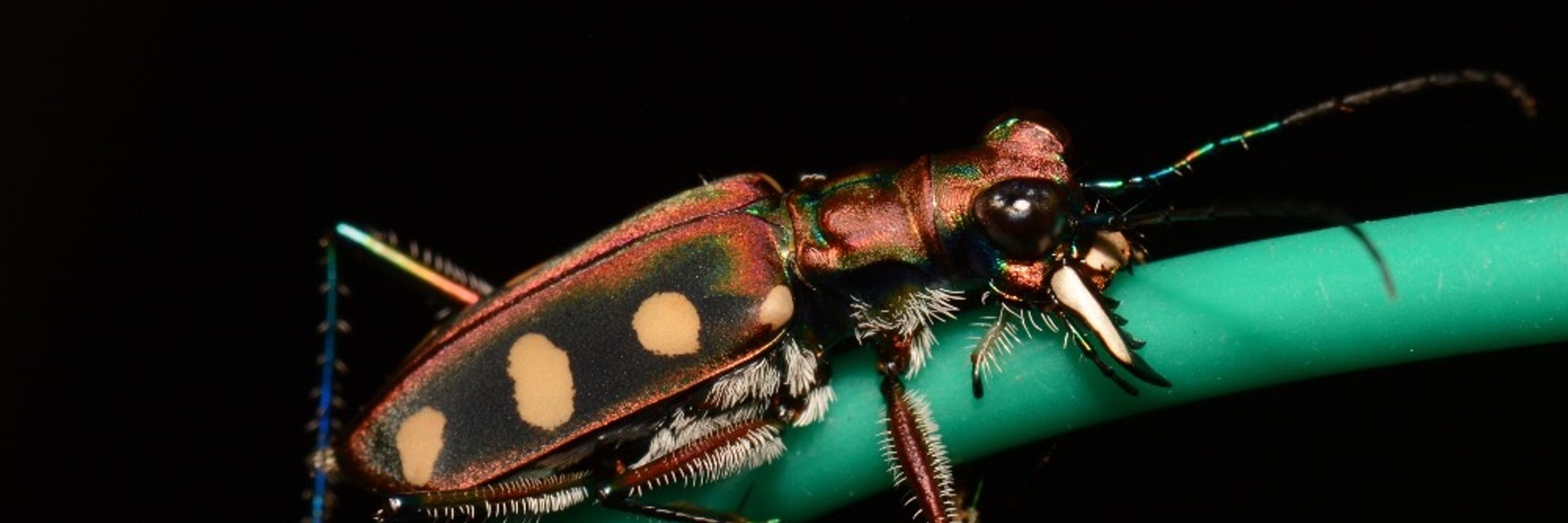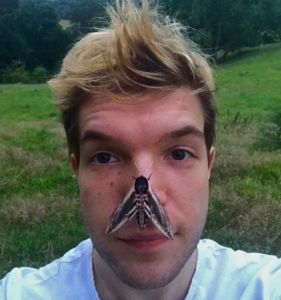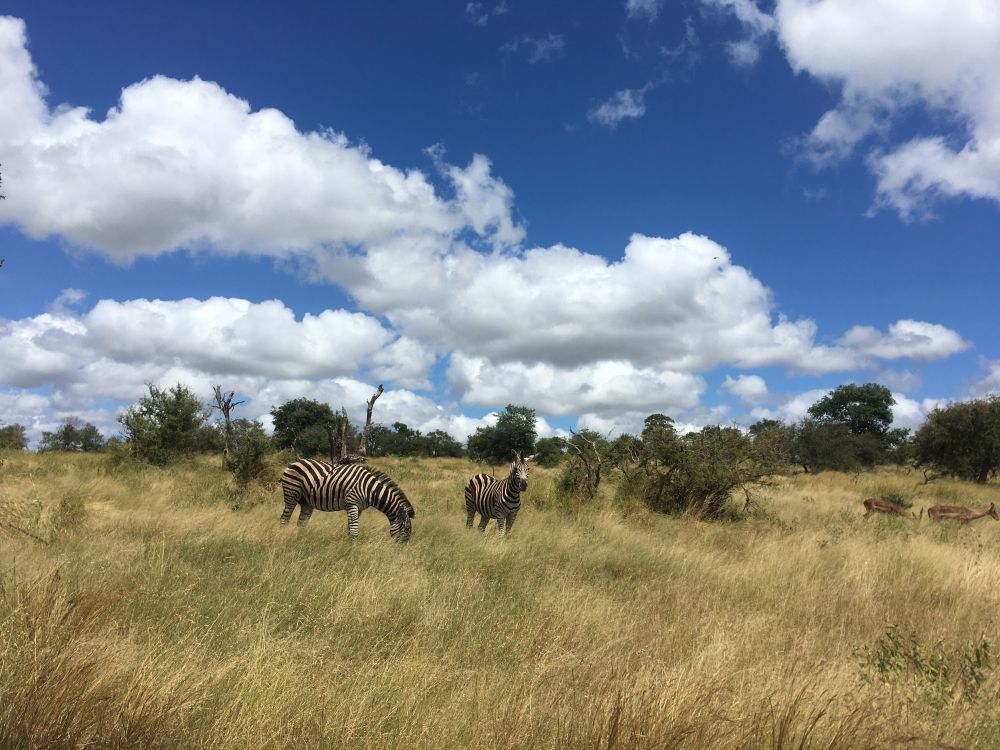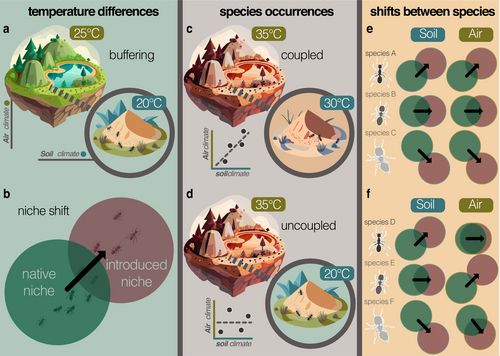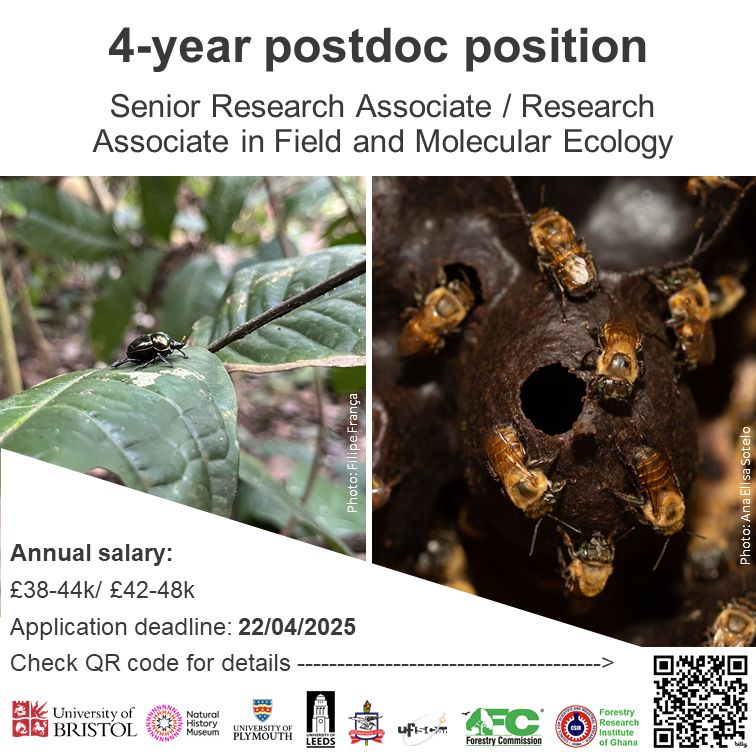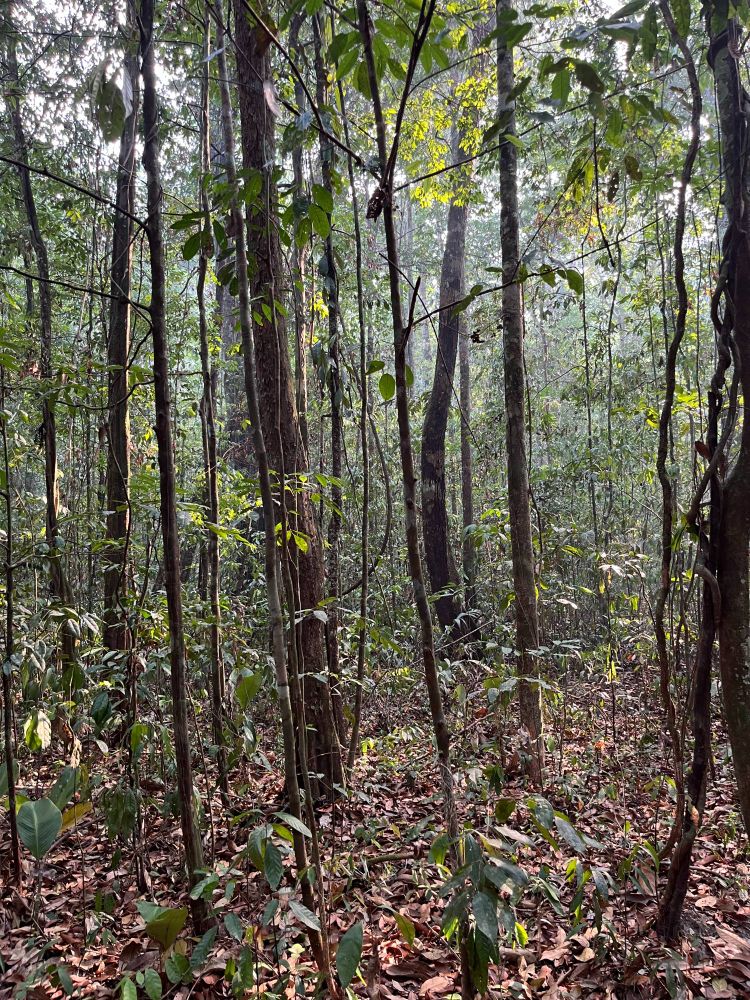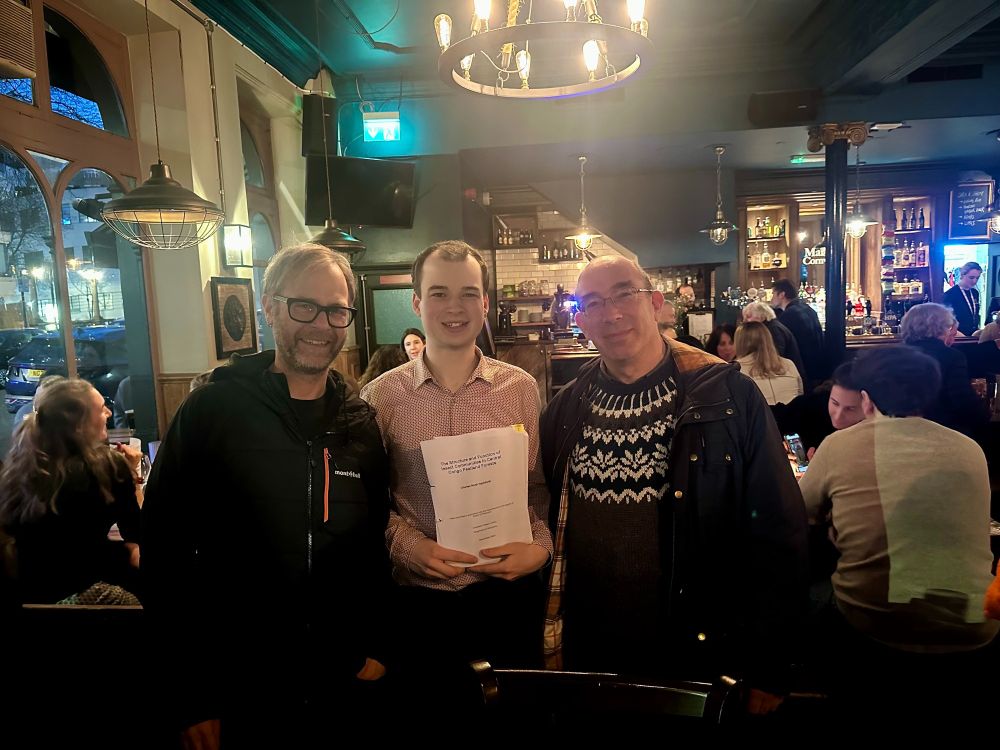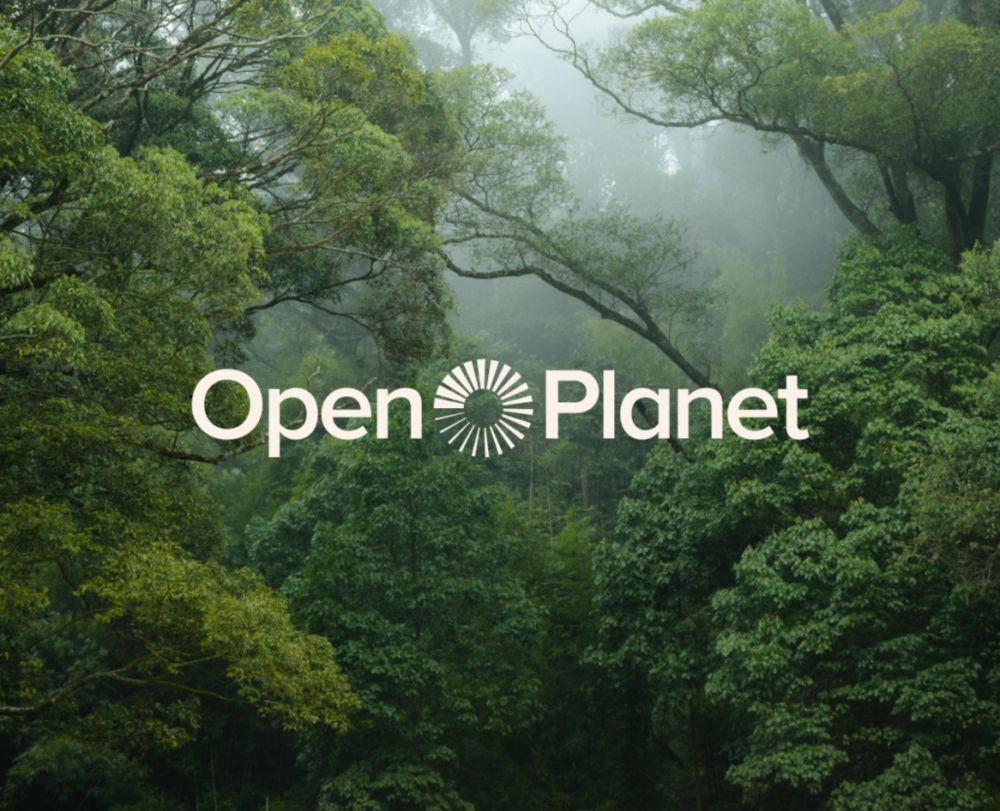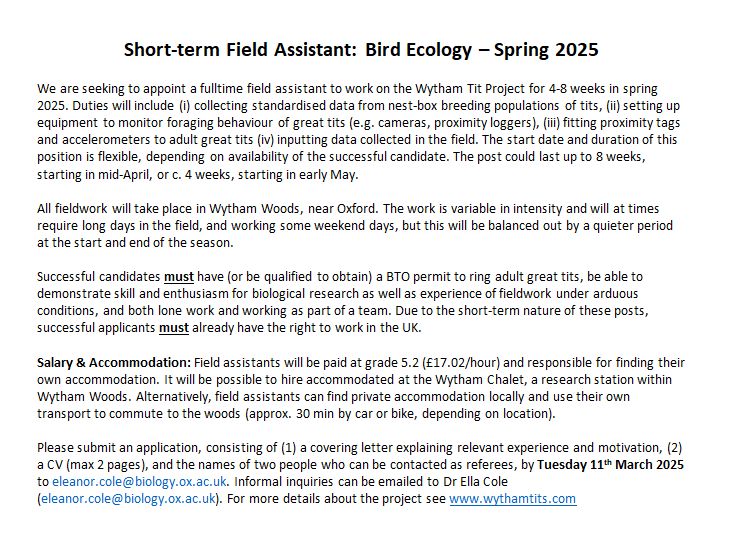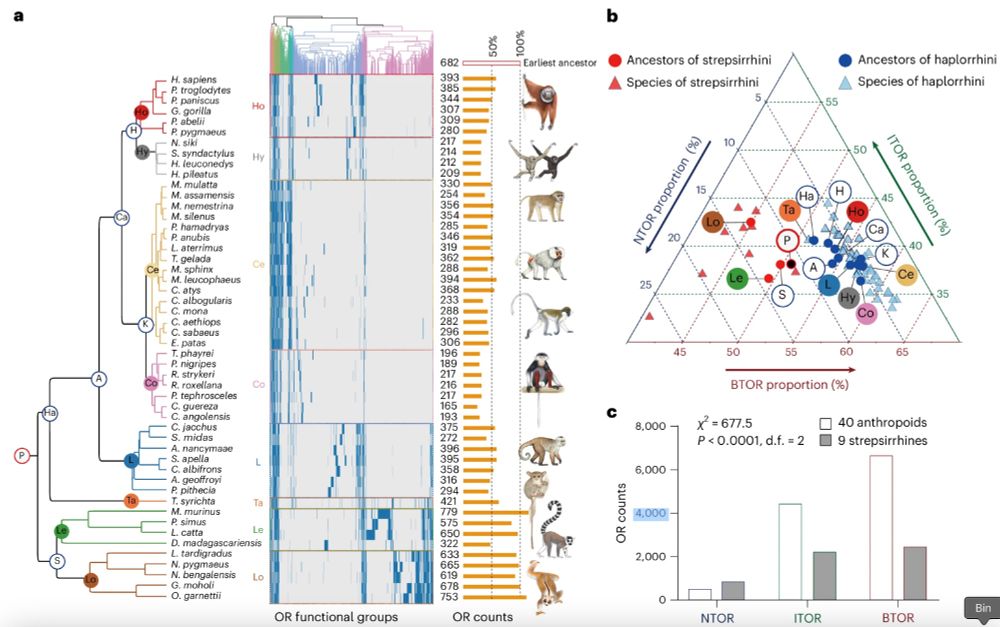Joseph Williamson
@josephwilliamson.bsky.social
2.2K followers
970 following
54 posts
Researching biological responses to climate change using butterflies. Into inverts / traits / tropical forests / microclimate. Postdoc at University College London (CBER). He/Him. JoeWilliamsonDB on Twitter.
Posts
Media
Videos
Starter Packs
Pinned
Reposted by Joseph Williamson
Reposted by Joseph Williamson
Reposted by Joseph Williamson
Reposted by Joseph Williamson
Reposted by Joseph Williamson
Reposted by Joseph Williamson
Reposted by Joseph Williamson
Reposted by Joseph Williamson
Reposted by Joseph Williamson
Reposted by Joseph Williamson
Reposted by Joseph Williamson
Reposted by Joseph Williamson
Reposted by Joseph Williamson
Reposted by Joseph Williamson
Anine Hartmann
@aninehartmann.bsky.social
· Mar 11
Reposted by Joseph Williamson
